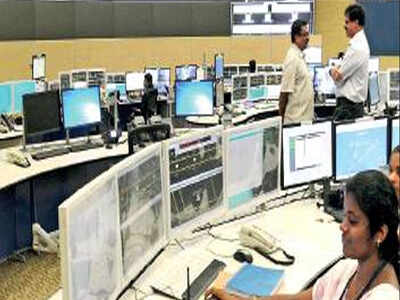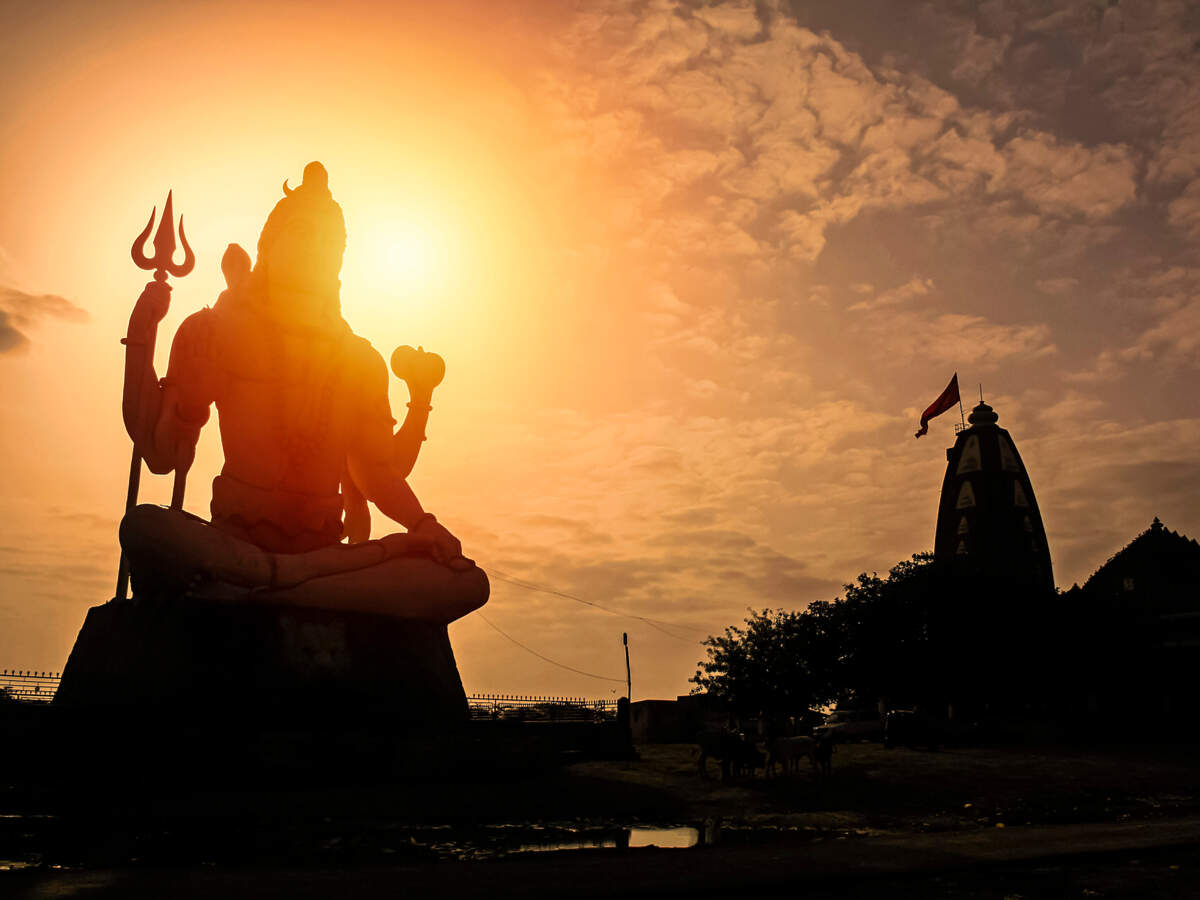
Hours before the truce, CMRL suspended three workers - two traffic controllers and a depot controller - who were manning the operation control centre for sabotaging the signal system that threw services out of gear on Monday. The workers had gone on strike demanding reinstatement of eight workers whose services were terminated three days after they began a sit-in protest demanding to reinstate eight terminated on different grounds including dereliction of duty.
The metro strike is over, but the problem is not. The way CMRL slept on employee unrest and the manner in which the protestors behaved show it could recur. By tampering with signal codes and locking off 32 command centres the striking employees exposed the lives and safety of several thousands of passengers to unforeseeable risks. Not even militant trade unionism recommends such extreme measures for pay parity or other service condition-related disputes. The authorities must delink the industrial dispute from this act of sabotage, and bring the erring employees to book. While no doubt the employees’ grievances need to be resolved on mutually agreeable terms, a stern message should be sent across that messing with safety codes of metro rail will brook no indulgence. For its part, the metro management will do better by keeping channels of communication with its employees open.
Workers called off the strike after a meeting with assistant labour commissioner O Janakiraman. The protesters said CMRL sacked the eight workers as they were office bearers of a recently-formed union. CMRL placed them under suspension in December for questioning the contract system adopted by CMRL and handed a termination order in April.
Earlier in the day, Koyambedu police received complaints from both the striking workers and CMRL. The striking CMRL workers complained to police that officials threatened them when they went to the metro rail operation command centre at Koyambedu to solicit the support of their co-workers. The Koyambedu police have asked for CCTV camera footage from the place. The workers were recruited in 2013, two years before the first line was commissioned. They are employed as station controllers, train operators, traffic controllers and other technicians. Monday's protest was a result of a long simmering discontent among workers which CMRL failed to address. Last year, workers had put forth several demands including increments according to the third pay revision committee and extra pay for overtime. The workers had blamed CMRL for employing untrained contract workers, causing technical glitches last year. They had protested twice last year, without disrupting train services. CMRL responded that their demands were unreasonable as they were being paid on a par with government and private company employees. "They are ITI diploma holders, mostly freshers, who we trained. Now, after five years, they are drawing around 45,000. But they want salaries on a par with highly skilled engineers and architects," said a senior metro rail official.
After the first strike in July last year, more than 250 employees went on a strike in December, after seven workers were suspended. The striking workers had said that the seven employees were suspended because they questioned the contract system of paying big amounts to middlemen to hire employees. CMRL said they communicated to the workers through their HR department that the demands are unreasonable and cannot be met. "Delhi and Bengaluru metro also face similar issues with workers. But they are not able to take action because they have been functioning for a long time. We are able to take a stand, as we started operations only recently," a metro rail official said. While nearly 70% of workers in phase-1 are now outsourced, CMRL has decided to completely employ contract workers for the 118.9km second phase.
Elections 2019

Trending Topics
LATEST VIDEOS
City
 Watch: Cloud covered sky, rough sea weather conditions in Visakhapatnam under the influence of cyclone Fani
Watch: Cloud covered sky, rough sea weather conditions in Visakhapatnam under the influence of cyclone Fani  Gurugram: Shocking case of moral policing, woman attacks youngsters over short dresses
Gurugram: Shocking case of moral policing, woman attacks youngsters over short dresses  Watch: Fishermen brave rough sea condition to bring back boat
Watch: Fishermen brave rough sea condition to bring back boat  Mumbai: Hotelier assaulted by unidentified man at Vasai railway bridge
Mumbai: Hotelier assaulted by unidentified man at Vasai railway bridge






